Finance Recruitment Market Insights: Learnings from 2024 and predictions for 2025
As a Recruitment Consultant I sit in a unique position when it comes to understanding the motivating factors in the hiring process, both from a candidate and client perspective. Market trends are often cited by consultancies based on their own research and taking into consideration macroeconomics. However, our observations are raw and qualitative in nature, from the horse’s mouth, as it were.
Below I discuss some observations over the past 12 months and hopefully some insight as to how they have come to be.
These include market trends and demands, business inhibitors/growth opportunities, and actions that finance candidates can take to continue enhancing their skillset while adding further value to businesses.
Increased M&A activity:
Ahead of the rumoured changes in Capital Gains Tax there was a flurry of M&A activity which is set to continue into Q1 of next year. Whilst transactions in general were on the rise, we were involved with a significant amount of Private Equity driven hires, i.e. demand for finance talent to facilitate a smooth PE investment or post-acquisition integration.
Private Equity (PE) is still relatively new to Northern Ireland compared to other locations across the globe, however, 2024 has seen a further rise in its market visibility and gained a warmer reception from SMEs across the province. We have seen continued investment and interest from BGF, Cordovan, MML, Foresight, Cardinal and Melior to name but a few. In addition, a new £75m equity investment fund for Northern Ireland was launched by fund manager Whiterock, with British Business Bank and the first two investments have already been announced.
Private equity offers opportunity not only to business owners but also the employees within the company, such as exposure to further M&A and potential for participation, which can be particularly lucrative. PE investment often places an increased burden of compliance and reporting which can often see the creation of new roles, particularly in SMEs. Operational efficiencies and the readiness of management information is an area of increasing investment as companies try and balance the need for talent and reliance on systems. Which leads us onto…
Business Readiness:
Whether a business is seeking investment or looking at acquisitions and/or disposals, the need for robust and accessible management information and reporting is an area of increased focus and scrutiny. The better the systems, the greater the opportunity to scale. The greater the opportunity to scale, the more attractive the company becomes, to both investors and trade buyers.
We have seen lots of scaling SMEs adopting new ERP systems as they introduce new ways to automate controls and improve overall efficiencies to achieve strategic objectives.
This investment in future proofing is set to continue into next year, and the availability of grants and support from external sources should be investigated and utilised where possible.
Therefore, advice to management accountants and financial controllers in particular is to get involved in project work, either M&A, Internal Audit or ERP implementations to add valuable strings to your bow.
The effect on Public Practice:
From boutique to Big4 firms, the industry has seen an increase in workload with hiring demands across service areas at an all-time high. Unsurprisingly, given the aforementioned increase in M&A activity there has been a significant surge in demand for candidates coming from transaction services /financial due diligence as well as deal advisory. The supply and demand quandary is further negatively impacted by an influx of industry opportunities for similar skillsets, like FP&A or in-house corporate development opportunities.
This has resulted in a rise in remuneration within practice and the use of hefty bonuses linked to performance in these areas. This begs the age-old question for newly qualified accountants, Industry or Practice? Five years ago, we were seeing a strong leaning toward industry with circa 80% of newly qualified accountants looking for industry opportunities, even taking a drop in salary to gain the experience. I would say that there has been a slight revision of these numbers with many realising that practice may offer more progression. In fact many have chosen to gain in-house M&A experience then returned to advisory, with precious experience gained on the other side of the fence.
Tax:
Maybe the most in-demand area that I have witnessed this year is Tax, both compliance and M&A Tax. Across both practice and industry, the need for corporate and international tax professionals remains strong. This may be amplified by scaling SMEs expanding into new geographies bringing additional complexities when it comes to their accounting and reporting.
How to continue developing your career within finance:
Career development is essentially ‘adding strings to your bow’ and hopefully this article provides some insight into which may be the right strings to pick.
For Management Accountants and Financial Controller level candidates:
- ERP exposure: Demonstrate a forward-thinking and commercial mindset by putting yourself forward for these type of projects. Not only will this add-value to the company you are currently employed by, it will certainly make your CV stand out when you come to move jobs or go for a promotion with your current employer.
- Fund Raising: Private Equity has certainly enjoyed the limelight over the last couple of years with Northern Ireland being of particular interest. However, it is important to take a balanced approach and to investigate debt, equity and mezzanine options, marrying the interests and longer-term objectives of the shareholders and stakeholders. Even if you are not at the level to be making the decisions, try to show an interest and aid in the decision making by producing the relevant information and commentary the FD/CFO/MD
- Commerciality: with rising costs for business owners, efficiencies are high on the agenda and innovation is key. In a manufacturing capacity it could be producing business cases for CAPEX in machinery/robotics and AI. An investment that will futureproof the company or pay dividends in the long run. Nearer term measures may be auditing procurement and supply chain and dealing with waste efficiently.
Summary:
The finance market across NI shows no signs of slowing down and continues to see investment from FDI’s and other parties as they realise the benefits associated with having a hub that sits conveniently to both European and US markets. This investment bodes well for finance professionals across both practice and industry which will see demand rise further in 2025.
If you want to discuss anything covered in this blog, feel free to get in touch with myself and we can setup a call.
Reach out to any of the team who would be happy to assist. www.artemisbrochure.com

